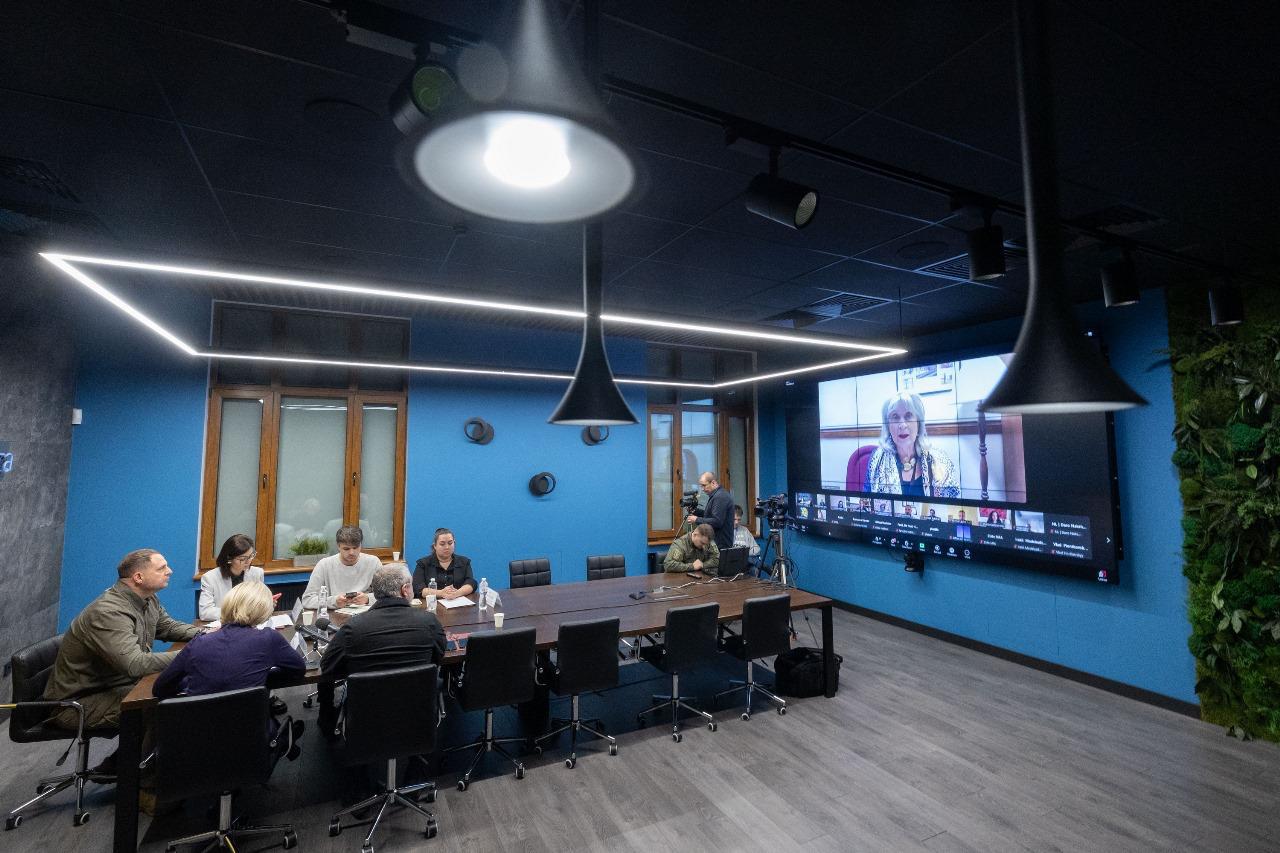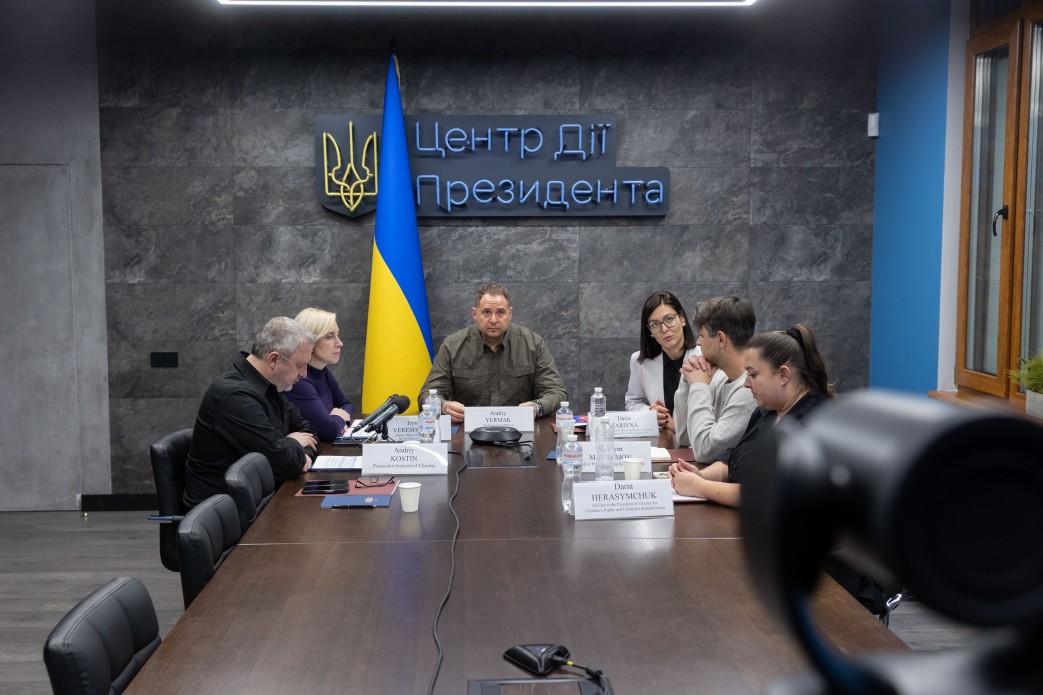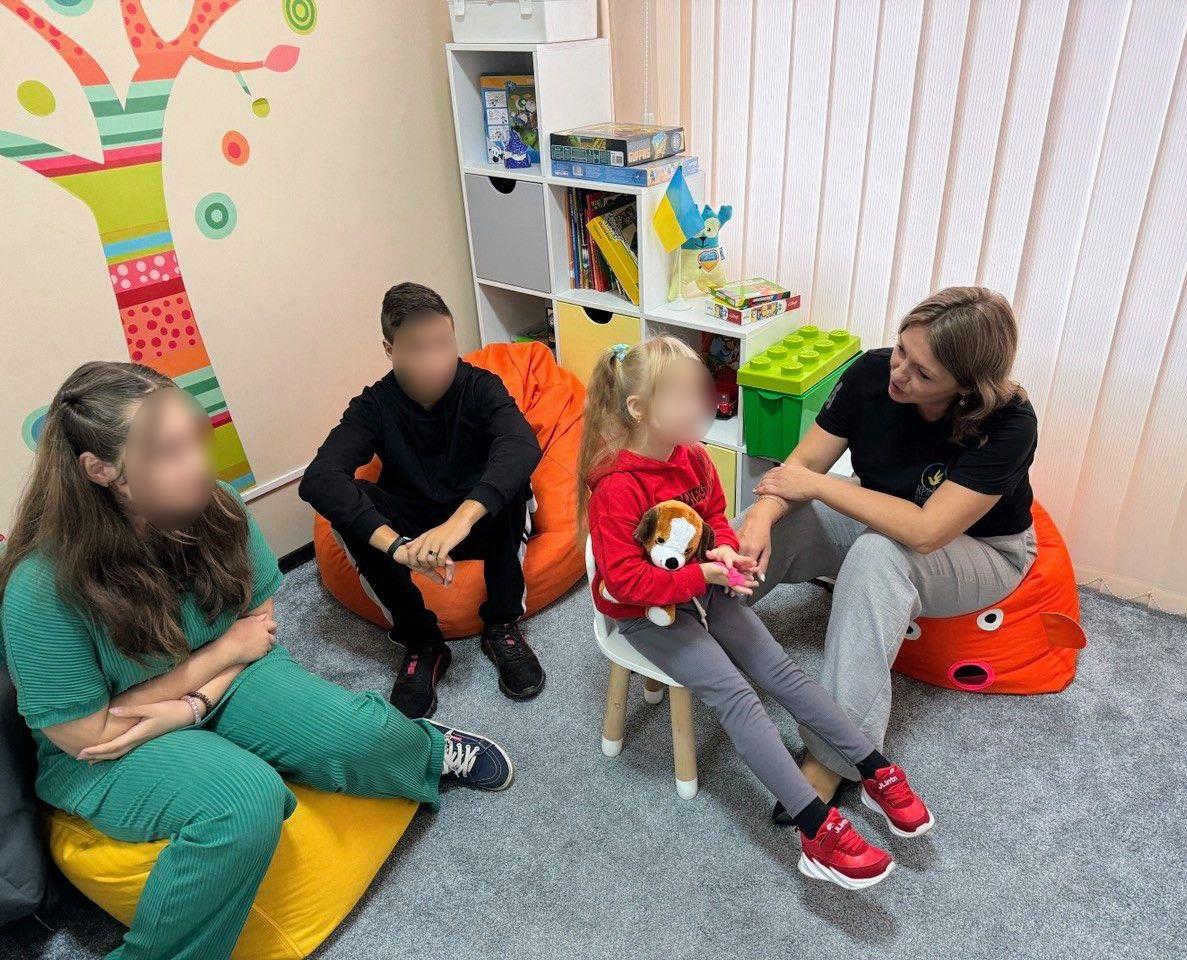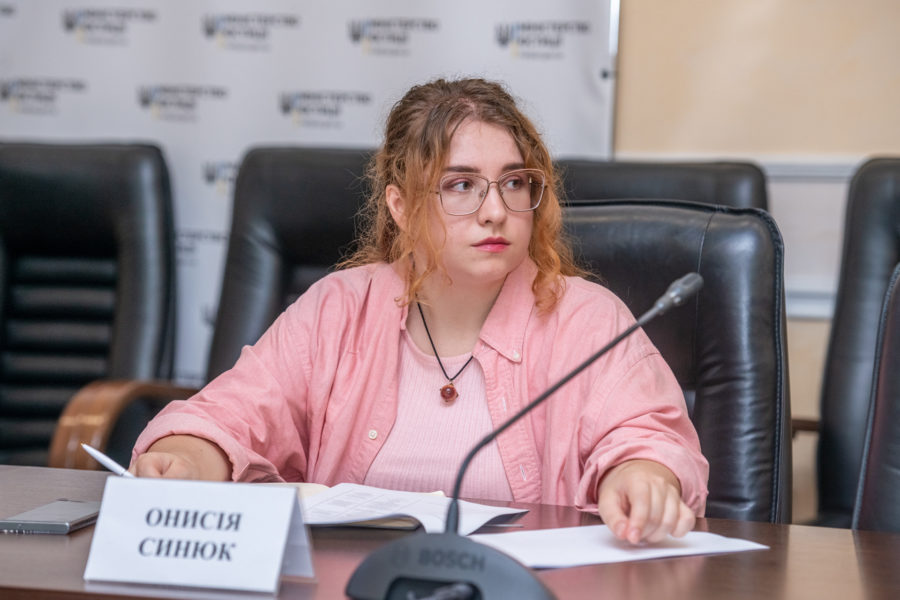“The system should be ready for the return of children right now,” said Onysiia Syniuk of ZMINA
The Office of the President of Ukraine presented the White Paper on “Reintegration of children who survived deportation and forced displacement: international standards and best practices for Ukraine”. It was prepared by the International Expert Group Bring Kids Back UA.
 Photo from the website Bring Kids Back UA
Photo from the website Bring Kids Back UADuring the event, the recommendations were presented by Sharanjeet Parmar, Senior Advisor on Transitional Justice (Canada), and Anthony Triolo, Senior Expert on Transitional Justice and Government Relations at the Partnership Fund for a Resilient Ukraine (Canada). They proposed a strategy for the comprehensive reintegration and rehabilitation of children, based on international standards and the experience of countries such as Rwanda, Sierra Leone and Argentina. In the 20th century, many long-term military conflicts took place in these countries and as a result, thousands of children became victims.
Helena Kennedy (UK), Co-Chair of the International Expert Group and member of the IBAHRI (International Bar Association Human Rights Institute) said: “The White Paper emphasises the need for mental health and psychosocial support as a cornerstone of reintegration. Without targeted assistance, children may find it difficult to cope with the complex trauma, including feelings of abandonment or confusion, caused by forced assimilation into Russian culture.“
Experts recommend continuing Ukraine’s systemic transition from institutional care to family-based forms of upbringing, developing approaches to child-friendly justice, and implementing long-term reintegration and rehabilitation programmes for children in communities.
 Photo from the website of the Office of the President
Photo from the website of the Office of the PresidentIn response, Deputy Head of the Office of the President of Ukraine Iryna Vereshchuk noted that the government is taking the advice of experts: “The analyses and recommendations of international experts set out in the White Paper will be the basis for further decisions and practical actions for the comprehensive reintegration of returned children who have been subjected to crimes of deportation or forced displacement.“
Daria Herasymchuk, Advisor to the Presidential Commissioner for Children’s Rights and Child Rehabilitation, believes that access to social and psychological services should be provided not only to children who have experienced trauma but also to their families.
The former Prosecutor General Andrii Kostin stressed the importance of collecting evidence without re-traumatising children.
 Photo from the website Bring Kids Back UA
Photo from the website Bring Kids Back UAThe event was also attended by online members of the International Coalition for the Return of Ukrainian Children, people’s deputies and representatives of Ukrainian and international human rights organisations, including Human Rights Centre ZMINA Legal Analyst Onysiia Syniuk.
“The White Paper is a strategic document, a guideline on the basis of which a practical implementation system should be built. A system that will take into account the best interests of the child, standards both in the administration of justice and the return of children to family-based care, and proper psychosocial assistance. With an assessment of the needs of each child and an understanding of the context from which these children are returning – that is why it is important to monitor the policy that Russia is implementing in the occupied territories regarding education, indoctrination, militarisation of Ukrainian children, to understand the trauma of separation from parents, relatives, and their familiar community. The rehabilitation and reintegration programme should take these challenges into account. Building such a system, based on the recommendations of the White Paper, is Ukraine’s task for the near future,” says Onysiia Syniuk.
 Onysiia Syniuk, Legal Analyst at ZMINA
Onysiia Syniuk, Legal Analyst at ZMINAThe experts’ findings and the presented White Paper will be discussed by the participants of the Ministerial Conference on the Human Dimension of the Peace Formula, which will take place in Montreal (Canada) on October 30-31, 2024. The Conference will bring together foreign ministers of Ukraine’s partner countries and experts from international and civil society organisations. They will develop a roadmap for the return of Ukrainian prisoners of war, illegally detained civilians and deported children.
“The system should be ready for the return of children now. Unfortunately, due to deliberate obstacles and refusal to fulfil their obligations, only 388 deported and/or forcibly displaced children have returned to Ukraine so far. The state, civil society and international partners are working to increase this number, so the standards and system of reintegration and rehabilitation of children, coordination between all participants, and resource allocation must be properly organised by the time these children return. Not to mention the fact that 388 returned children, as well as those returning to the government-controlled territory from the occupied territories, need support and care right now,” said Syniuk.
The International Expert Group published its first White Paper “Protecting Children from Forced Displacement and Deportation” in August 2024. It presents a comprehensive analysis of the forced displacement and deportation of children, providing clear evidence of Russia’s war crimes and serious violations of international law. The White Paper highlights the systematic nature of Russia’s deportations, including through forced passportisation, a network of state-run “military-patriotic” and “recreational camps” aimed at ideological re-education and militarisation of Ukrainian children.
If you have found a spelling error, please, notify us by selecting that text and pressing Ctrl+Enter.















